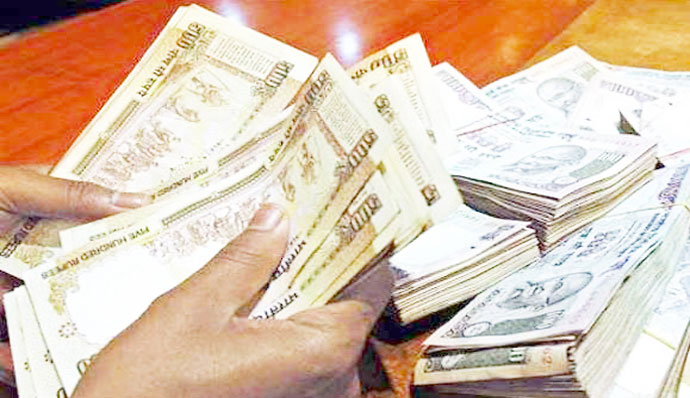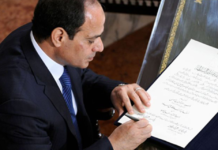In 2016, the Indian government decided to demonetise the 500 and 1000 rupee notes, the two biggest denomination notes. These notes accounted for 86% of the country’s cash supply.
The government’s goal was to eradicate counterfeit currency, fight tax evasion, eliminate black money gotten from money laundering and terrorist financing activities, and promote a cashless economy. By making the larger denomination notes worthless, individuals and entities with huge sums of black money gotten from parallel cash systems were forced to convert the money at a bank which is by law required to acquire tax information from the entity. If the entity could not provide proof of making any tax payments on the cash, a tax penalty of 200% of the tax owed was imposed.
Offering a window to black money holders, India’s Prime Minister Narendra Modi’s government last Monday proposed to levy a total tax, penalty and surcharge of 50 per cent on the amount deposited post demonetisation while higher taxes and stiffer penalty of up to 85 per cent await those who don’t disclose but are caught. Almost three weeks after Prime Minister Narendra Modi announced ban on high denomination 500 and 1000 rupee notes, Finance Minister Arun Jaitley introduced a bill to amend the Income Tax law which also provides for black money declarants a mandatorily depositing of 25 per cent of the amount disclosed in anti-poverty scheme without interest and a four-year lock-in period.
Those who choose to declare their ill-gotten wealth hidden till now in banned 500 and 1000 rupee notes under the Pradhan Mantri Garib Kalyan Yojana 2016, will have to pay a tax at the rate of 30 per cent of the undisclosed income. Additionally, a 10 per cent penalty will be levied on the undisclosed income and surcharge called PMGK Cess at the rate of 33 per cent of tax (33 per cent of 30 per cent).
Further more, the declarants have to deposit 25 per cent of the undisclosed income in a scheme to be notified by the government in consultation with the Reserve Bank of India (RBI). The money from the scheme would be used for projects in irrigation, housing, toilets, infrastructure, primary education, primary health and livelihood so that there is justice and equality, said the Statement of Objects and Reasons of the Bill. For those who continue to hold onto undisclosed cash and are caught, existing provisions of the Income Tax law will be amended to provide for a flat 60 per cent tax plus a surcharge of 25 per cent of tax (15 per cent), which will amount a levy of 75 per cent.















